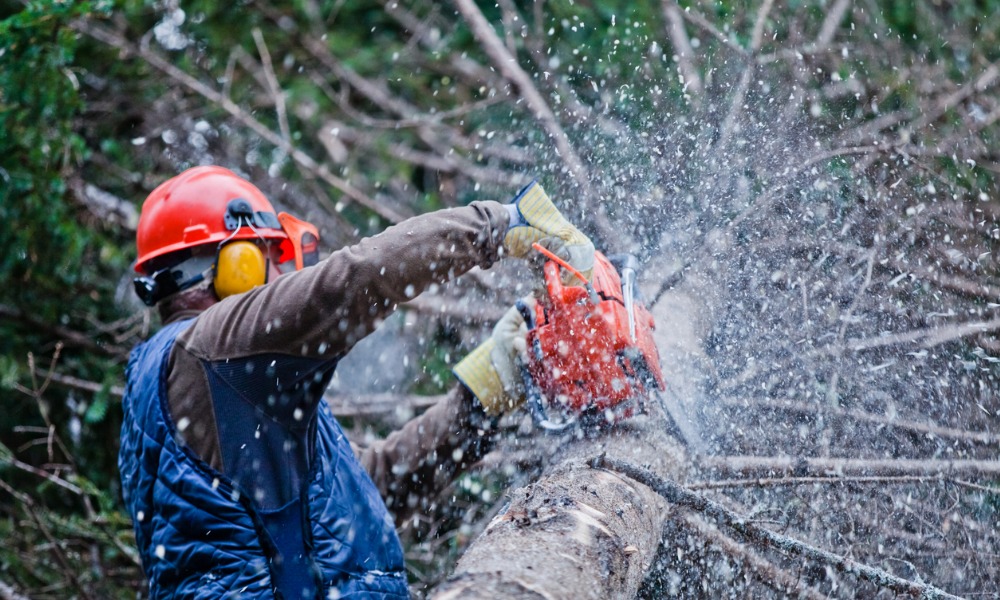More than 1,000 workers benefit from bridging program

British Columbia is celebrating the success of its Bridging to Retirement Program in its final year.
More than 1,000 forestry workers have benefited from the program, which supports older workers in retiring early so they can remain in their communities, while creating jobs for younger workers and, ultimately, helping mills survive.
“I know first-hand, from my years working in a mill, just how difficult economic slumps can be on the people and communities that rely on forest industry jobs,” says Harry Bains, minister of labour. “It has been gratifying to see the strong uptake in the Bridging to Retirement Program over the last 18 months.”
The maximum amount of funding available through program is $75,000 for eligible workers, depending on age, years of experience and employer contributions. In the Interior region alone, almost 840 workers have made the transition to retirement, with over $29 million paid out so far, according to the government.
To date, the program has also created over 500 forestry jobs for younger workers.
Over the past year, 41 mills that were closed or curtailed have resumed operations, bringing almost 7,500 people back to work.
Back in early 2020, the B.C. government opened job placement offices in five Interior communities to help displaced forestry workers land new jobs.
Program starts in 2019
In September 2019, B.C. announced $69 million in funding over three fiscal years for new supports for Interior forestry workers, through retirement bridging, job placement and retraining programs with the ministries of Forests, Lands, Natural Resource Operations and Rural Development and Advanced Education and Skills Training.
A total of $40 million was specifically allocated to the Bridging to Retirement Program, which was later increased to $50 million.
The program has been such a success that it has reached the maximum number of applications for the final year’s $4 million in funding.
To be eligible for the benefits, the worker must be full time, at least 55 years old and have been working in a mill in B.C. for the last two consecutive years. They must have faced a mill closure or curtailment and be willing to voluntarily retire.
Forty per cent of Canadian adults worry about the effect of COVID-19 on their savings and retirement plans, according to a previous report.




